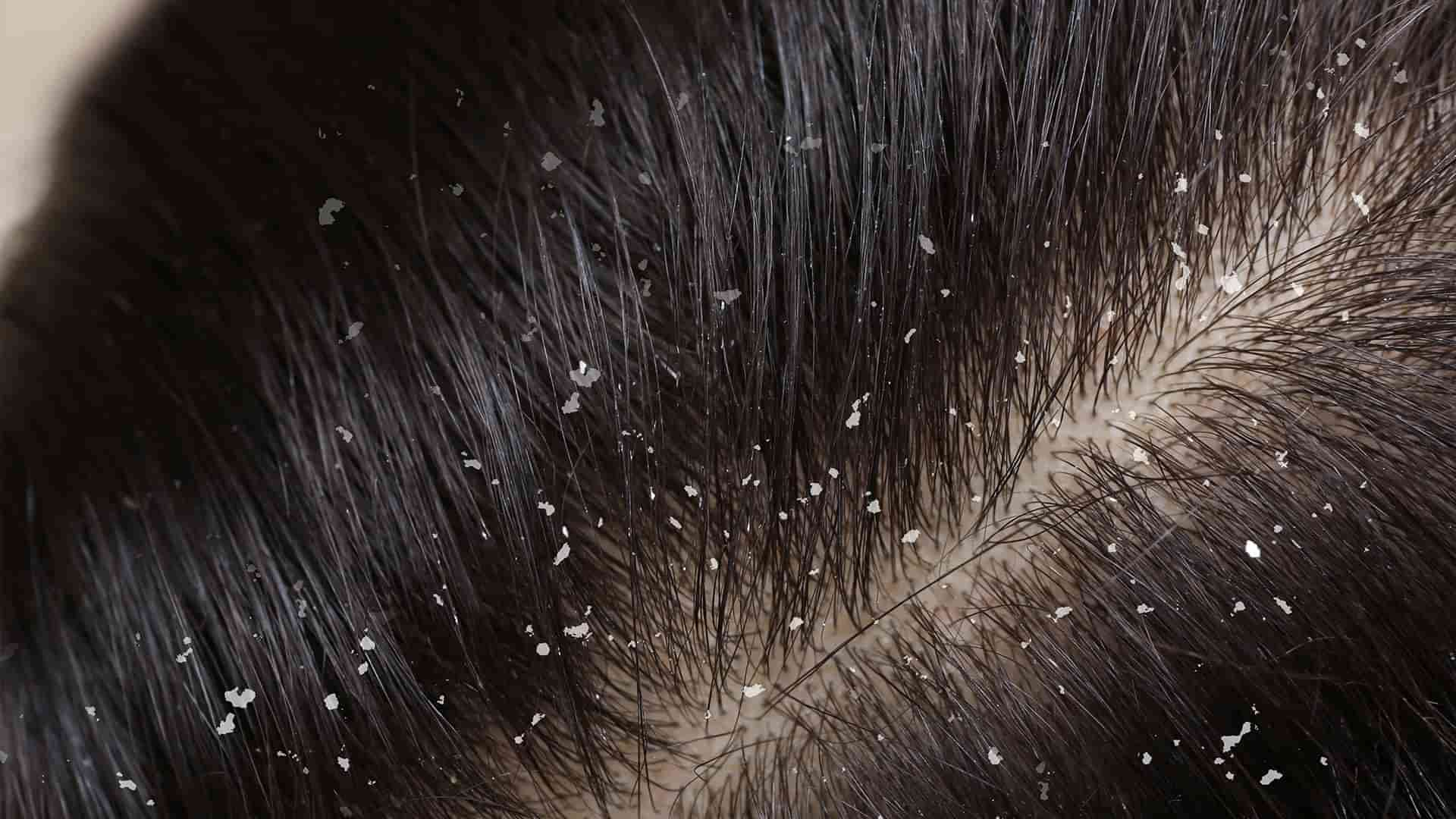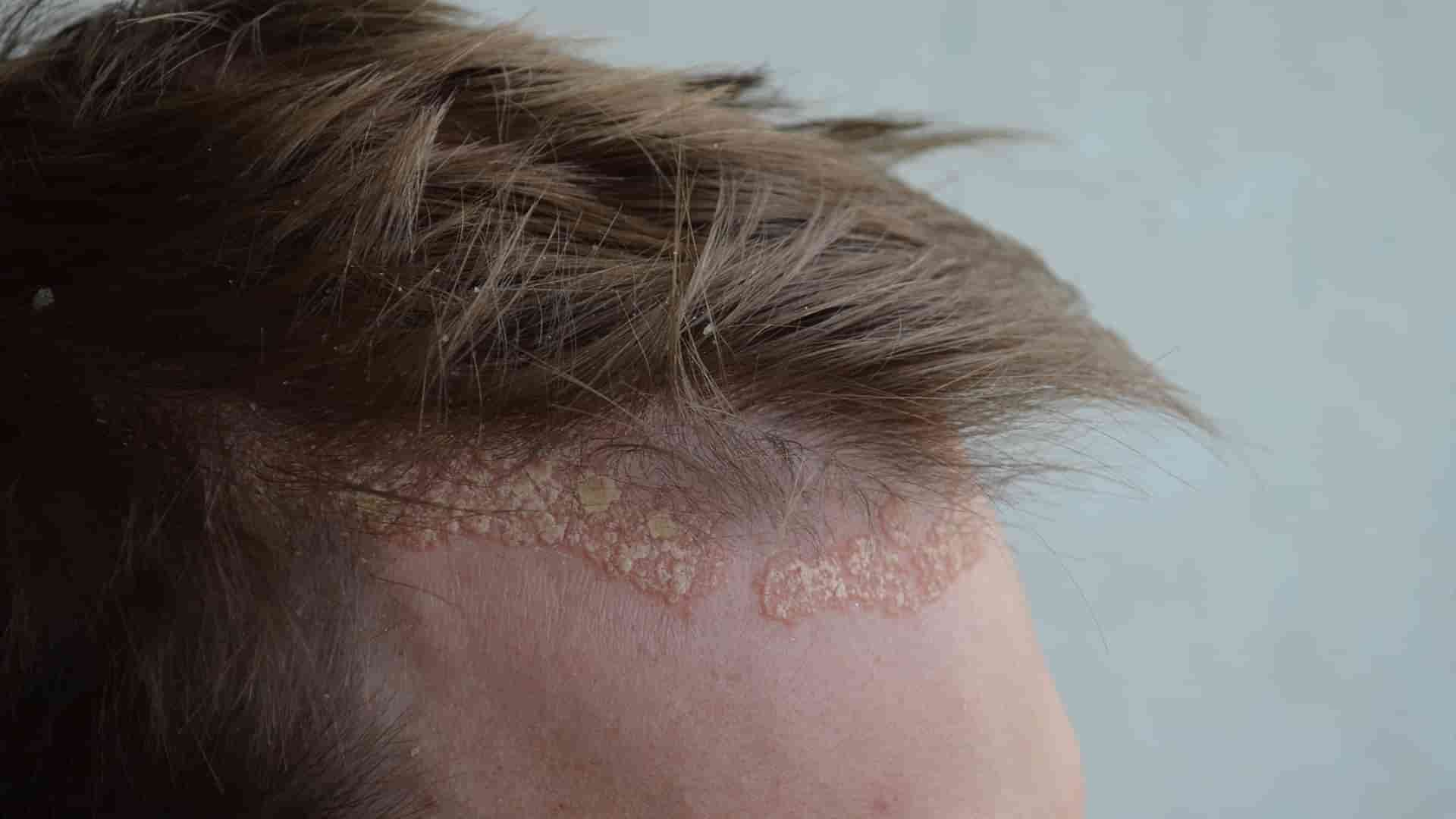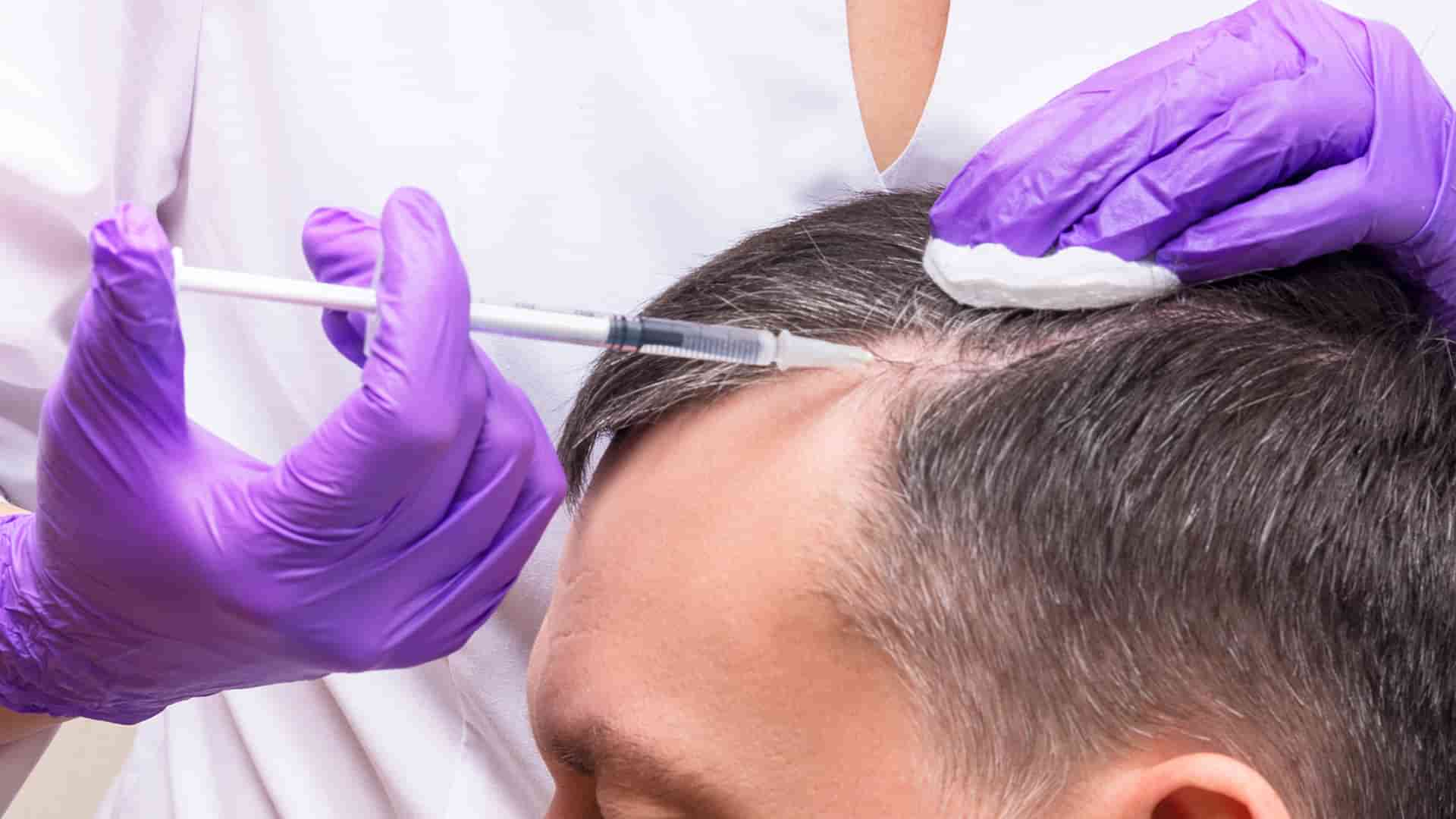Treatment for Hair Loss

Treatment for Hair Loss
A good hair day quickly puts most of us in a good mood. The value of our hair's look cannot be overstated. Imagine how awful it is to cope with your treasured hair locks beginning to fall out when even a lousy hair day may significantly dampen our mood.
Hair loss and thinning have grown more frequent in recent years in the majority of individuals. While heredity may be to fault for some, chemicals found in hairstyle and coloring products may be to blame for others.
So, how do you deal with this issue and get to the bottom of it? Is it necessary to take medications? Should you go for natural options instead? If you're dealing with hair loss or thinning, regardless of your gender, you'll find this post helpful since we've gathered our best tips for dealing with hair loss in its early stages.
Recognizing Hair Loss
Our scalp has 100,000 hairs on average, which go through stages of growth, rest, fall out, and regeneration. Before developing the next strand of hair, every hair follicle on your scalp goes through a resting period. Hair starts to fall out at this point. It's common to lose up to 100 strands of hair every day as a result of this.
When this cycle is interrupted or a hair follicle is injured, the issue arises. Hair may begin to fall out faster than it regenerates in certain situations, resulting in hair loss issues such as a receding hairline, hair falling out in patches, or general thinning.
Hair Loss Symptoms
Hair loss in the parting of the hair in the mid-frontal area of the scalp (particularly for women), hair thinning on the top of the head, coupled with visible bald spots in the front, are all signs of ‘male pattern hair loss.
Additionally, if you notice more hair on your hairbrush than normal after brushing your hair or more hair in the drain after washing your hair, these are both indicators of hair loss.
Top Causes of Hair Loss
So, what causes hair loss? Many factors can influence hair development, including nutritional deficiencies (Iron, Zinc, Vitamin D, and Protein), dandruff, and an excessively oily scalp - all of which are very easy to rectify.
Thyroid problems, hormonal imbalances, damage caused by long-term heat exposure, and chemical therapy are all major reasons for hair loss.
Hair loss can be caused by persistent stress in certain people, and hair thinning owing to hormone imbalances during and after pregnancy, as well as during Menopause, is a common occurrence for women.
Hair loss can also be caused by the way you care for your hair. Hair loss can be caused by routinely tying the hair excessively tightly with rubber bands and using hairbrushes that aren't wide-toothed in women, a condition known as Traction Alopecia.
Along with age, genetics can play a part in hair loss; the hair loss gene can be inherited from either the father's or mother's side of the family or both.
Hair loss is caused by an imbalance of Pitta energy in the body, according to Ayurveda. One of the most effective hairs loss treatments is regular hair oiling and head massage with an appropriate Ayurvedic oil. Regular oiling with hair development oils is recommended as part of your hair care routine.
How to Prevent Hair Loss
We hope that reading about all of these reasons for hair loss hasn't got you down! As previously said, we've included some of our greatest tips for preventing hair loss.
1. Hair Cleansing and Conditioning
To begin with, many of us, particularly males, use soap to cleanse our scalp and hair, which can be detrimental to our hair and scalp's health. Soaps, like many shampoos, are excessively harsh and stripping. We need to use a gentle shampoo that won't completely remove our scalp from its natural oils.
2. Hair Fall Prevention: A Healthy Diet and Regular Exercise
We've already discussed how nutritional shortages may lead to hair loss, so make sure you eat a well-balanced diet! Include foods high in vitamins A, C, D, and E, zinc, B vitamins, iron, biotin, protein, and essential fatty acids in your diet.
If you still feel deficient, you might try adding an iron and multivitamin supplement to your diet. When it comes to exercise, at least 20-30 minutes of cardio (running, skipping rope, or cycling) can assist. Exercise aids in the balancing of hormones, which is beneficial to individuals who suffer from hair loss due to hormonal imbalances.
3. To Prevent Hair Loss, Avoid Harmful Treatments
Avoid any chemical treatments that harm the hair or scalp in any way to maintain your hair as healthy as possible. Use only natural colors instead of artificial dyes to color your hair. Bleaching is typically necessary when chemically coloring your hair, which is bad for your hair's health.
4. Pamper Your Hair with Nourishing Treatments
When it comes to preventing hair loss, nothing beats the age-old knowledge of supplying additional nutrients to your hair! In Ayurveda, hair oiling is a highly recommended technique.
With that, we've come to the conclusion of our article on self-controlling hair loss; we'd like to underline that, while these techniques are effective, if your hair loss problem persists or worsens, you should seek treatment from a dermatologist or a trichologist. Hair is a vital characteristic to preserve in modern culture, and we are happy to offer to advice on what has worked and what hasn't when it comes to our hair. We are confident that following this advice will provide positive outcomes for you!
You may also call ENLIVE SKIN AND HAIR CLINIC if you're seeking safe and organic hair products to cure hair loss and boost hair growth.






